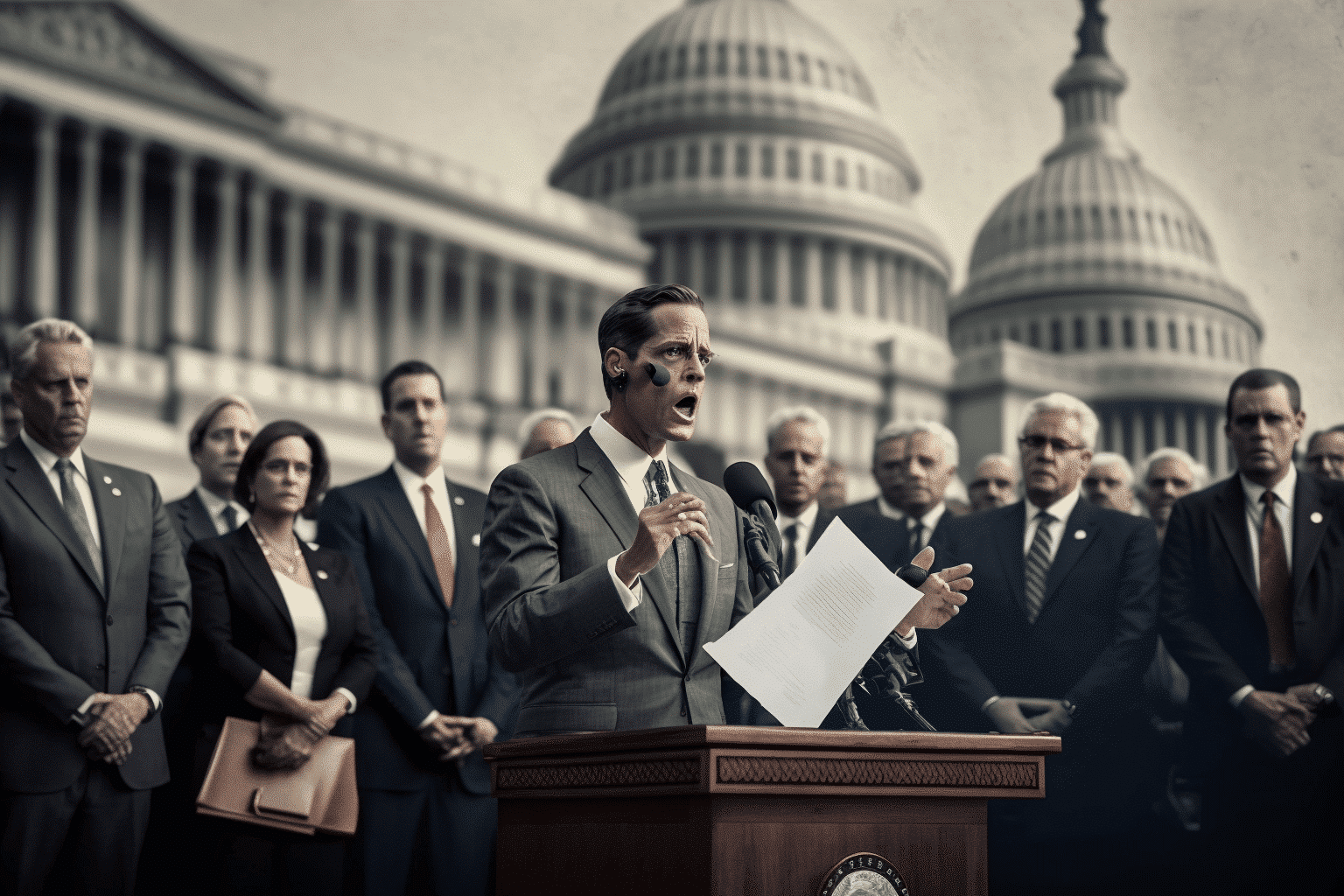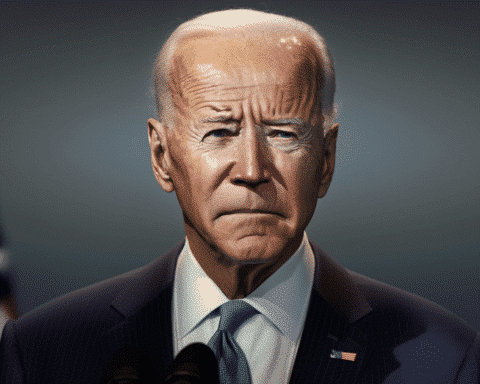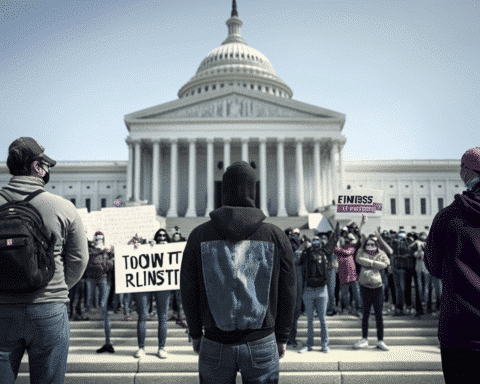In a memo released on Wednesday, the White House urged Republicans in Congress to reconsider their stance on gun policy, encouraging them to release a budget and decide on their priorities regarding firearms.
The memo, written by White House communications adviser Andrew Bates, highlights the GOP’s refusal to pass an assault weapons ban, leaving police outgunned in the streets. Bates questioned whether Republicans would change their position on gun crime reduction policies and support President Biden’s push to ban assault weapons.
Despite the White House’s appeal, it is unlikely that the Republican-majority House will be receptive to such efforts, as they have resisted similar Democratic initiatives. House Speaker Kevin McCarthy announced that the Republican budget proposal would be shared in April.
The gun policy remains contentious, with over 110 mass shootings occurring this year, as the Gun Violence Archive reported. The House Freedom Caucus, consisting of the GOP’s most conservative members, recently released a budget proposal unlikely to gain traction in the Senate. Their proposal includes ending the “pistol brace” ATF rule, a federal guideline that mandates gun owners to register stabilizing devices with the Bureau of Alcohol, Tobacco, Firearms, and Explosives.
Bates expressed deep concern over the Freedom Caucus budget and its implications for gun policy. The NRA and 25 state attorneys general are suing the Biden administration to overturn the pistol brace rule.
A Gallup poll from February shows that 63% of Americans are dissatisfied with current U.S. gun laws, while only 34% are satisfied – a record low for the survey. Bates emphasized that Americans largely agree with President Biden on these critical issues and expect more from Congress.
On Tuesday, President Biden visited California to meet with Monterey Park shooting victims and announced an executive order to tighten regulations on private gun sales. He called for universal background check laws and an end to legal immunity for gun manufacturers.

While President Biden signed a bipartisan bill in June expanding background checks and allocating funds for mental health resources, additional federal gun legislation is unlikely to pass in the current Congress. The president’s executive order directs the attorney general to clarify the definition of firearm sellers subject to background checks and increase awareness of state “red flag laws” that can temporarily restrict firearm access for individuals deemed a threat to themselves or others.
The Biden administration’s recent actions emphasize its commitment to addressing the issue of gun violence in the United States. The president’s executive order aims to close loopholes in the current background check system by clarifying the definition of firearm sellers who must perform background checks on potential buyers. By doing so, the administration hopes to prevent firearms from falling into the hands of individuals who pose a risk to themselves and others.
Additionally, the executive order seeks to raise awareness of state “red flag laws,” which can temporarily restrict access to firearms for individuals deemed a threat. These laws, already in place in some states, have shown promise in preventing potential tragedies by allowing concerned family members or law enforcement officers to petition courts for temporary firearm restrictions.
Despite these efforts, the ongoing political divide in Congress remains a significant obstacle to enacting comprehensive federal gun legislation. The Republican-majority House has resisted Democratic attempts to reinstate the assault weapons ban, which expired in 2004. While some Republicans have supported limited measures, such as expanding background checks, many remain staunchly opposed to more comprehensive gun control policies.
The White House memo underscores the importance of addressing gun policy as a matter of public safety and national concern. As mass shootings continue across the country, the administration’s call for congressional Republicans to rethink their stance on gun control is a plea for bipartisan cooperation to find practical solutions to this pressing issue.
As evidenced by the Gallup poll, the public opinion indicates a growing dissatisfaction with current gun laws. The administration’s actions and advocacy for gun policy reform reflect the urgency of this matter. However, with a divided Congress and deep-seated ideological differences between the two parties, it remains to be seen whether significant progress can be made in enacting federal gun legislation that effectively addresses the issue of gun violence in the United States.




